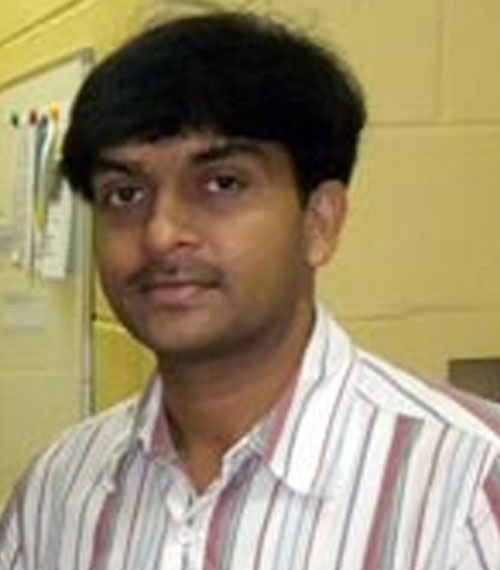Lava Kumar obtained B.Sc., (1993) in Biology and Chemistry; M.Sc., (1995) and Ph.D., (2000) degrees in Virology from Sri Venkateswara University, Tirupati, India. He conducted his Ph.D. and post-doctoral research at the International Crops Research Institute for the Semi-Arid Tropics (ICRISAT) and the Scottish Crop Research Institute (SCRI), UK. In 2007, after 8-years of working at ICRISAT as a Virologist, he began current position at IITA.
He is currently leading the Germplasm Health, Virology and Diagnostics Unit at IITA-Ibadan. Research involved molecular characterization of pathogens, development of serological and nucleic acid-based diagnostic for pathogen diagnosis, virus-host-vector interactions, host plant resistance to virus diseases, establishment of virus-free germplasm, seed health testing, phytosanitary monitoring and quarantine issues. The ultimate goal of his inter-disciplinary research is to generate knowledge, technologies and products to protect IITA mandate crops from established and emerging biotic threats and improve crop productivity. His Unit has facilities for virus purification, molecular biology, basic bioinformatics, facilities for production of polyclonal and monoclonal antibodies and conservation of type cultures of pathogens. He conducts training courses in pathogen diagnostics and disease control, and establishing ‘idia©’ – the diagnostic portal for training and capacity building in Africa. He co-supervises graduates and postgraduates towards MSc and PhD degrees.
His current research focuses on ecology and epidemiology of cassava mosaic, cassava brown streak, and banana bunchy top viruses; elucidating molecular mechanisms of resistance to maize streak virus in maize; effect of co-infection of multiple virus species on vector transmission and host resistance in cassava, banana, yam and cowpea; proteomics approach to identify competing aphid-vector populations; DNA barcodes of pests and pathogens of African food crops, development of clean seed systems and low-cost and convenient diagnostic tools.
He is interested in establishing collaboration with researchers in CATAS in areas of mutual interest. More specifically: whole genome sequencing of unique pathogens for diagnostic markers; plant-virus-vector interactions to identify targets to inhibit virus replication/ movement/vector transmission using RNAi approaches and training and capacity development and novel disease control methods.

